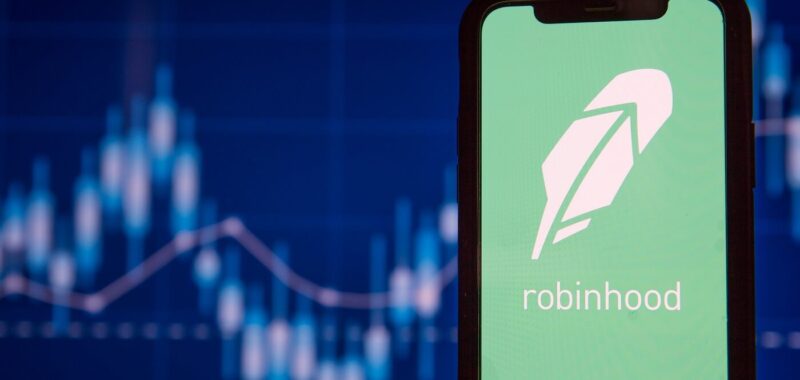- Robinhood now offers contracts for users to bet on the 2024 US election outcome.
- Eligible US citizens can buy “Yes” contracts and settle after the January certification.
- Competitors like Kalshi and Polymarket offer similar high-demand prediction markets.
Robinhood, the popular investment app, has made a significant expansion into prediction markets by launching contracts that allow users to speculate on the 2024 US presidential election outcome.
This move places Robinhood in direct competition with established prediction platforms like Kalshi and Polymarket, both of which offer similar political event contracts.
The Robinhood US presidential election contracts
As of this week, Robinhood Derivatives users can purchase “Yes” contracts that predict a chosen candidate will win the presidential election. Each contract’s value, determined by demand, can reach up to $1.00.
If the prediction proves accurate, the contract holder will receive $1.00 after the US Congress certifies the election results on January 6, 2025. Those with incorrect predictions will receive no payout.
Robinhood limits participation to US citizens with an individual investing account that qualifies for specific features, such as margin investing or Level 2/3 options trading. This restriction aligns with the platform’s effort to ensure users have experience with higher-risk financial products.
In addition to speculation, Robinhood provides users with flexibility through an option to close positions before the election outcome is known. This process involves purchasing an opposing “No” contract to offset an existing “Yes” position, allowing users to mitigate potential losses or lock in profits based on evolving market sentiment.
Robinhood does not, however, permit users to hold concurrent “Yes” positions on multiple candidates, a policy aimed at reducing complexity and ensuring clarity in user portfolios.
Political speculation market on the rise
Robinhood’s entrance into prediction markets comes as public interest in political speculation is climbing.
Just earlier this month, a federal appeals court upheld a ruling allowing Kalshi, a prominent competitor, to offer election-related contracts. Kalshi’s recent success in the App Store underscores this growing demand, as the platform has climbed to the top of the finance category, even surpassing giants like Facebook and Uber.
Kalshi offers high liquidity, permitting larger trades without impacting market pricing—a distinction its CEO, Tarek Mansour, highlighted in contrast to Robinhood’s new contracts, which have smaller liquidity limits.
Meanwhile, platforms like Polymarket and PredictIt also provide election outcome contracts, with values fluctuating based on user sentiment and real-time developments.
By adding event contracts to its offerings, Robinhood not only broadens the options available to its users but also taps into a sector of financial markets driven by current events and speculative interest, making political outcomes a new frontier for retail investors.

